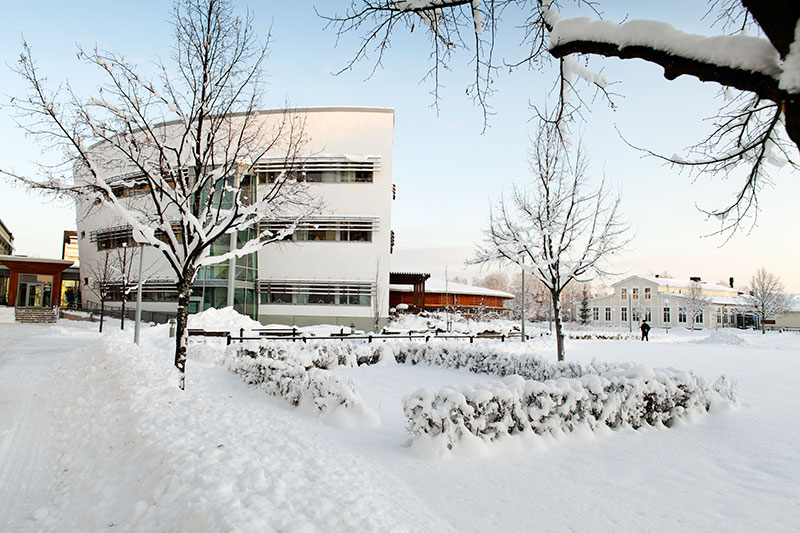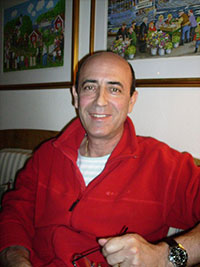“Europeans who speak English develop their own vocabulary and phrases, their own way of speaking,” Marko Modiano says.
According to Marko Modiano, English as a second language within the EU will contain many different varieties, depending on where the speaker is from: English with a German accent, English with a French accent etcetera.
All children in Europe now learn English, Marko Modiano states. Moreover, half of all European adults speak good English, and the number of English speakers is increasing.
“I would say that non-British speakers have an advantage as their experience of what it is like to speak a language that is not your native one is greater, so they can understand what it is like to speak with non-native speakers of English more fully.”
“University of Gävle is at the forefront here in Sweden regarding research about teaching English in all its diversity. We claim that this approach to language promotes respect and acceptance for our differences.”
Article Berliner Zeitung
Scientific article







